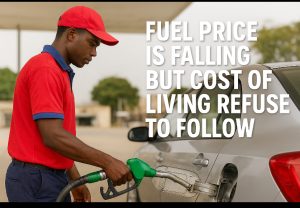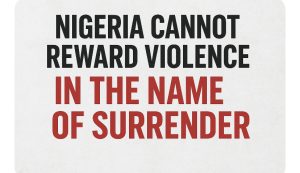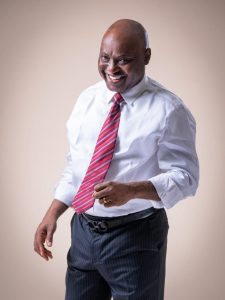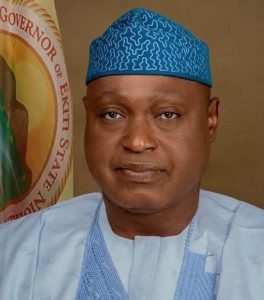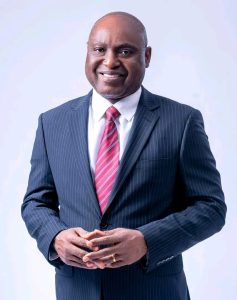Social Media Pharmacies and the Cost of Desperation
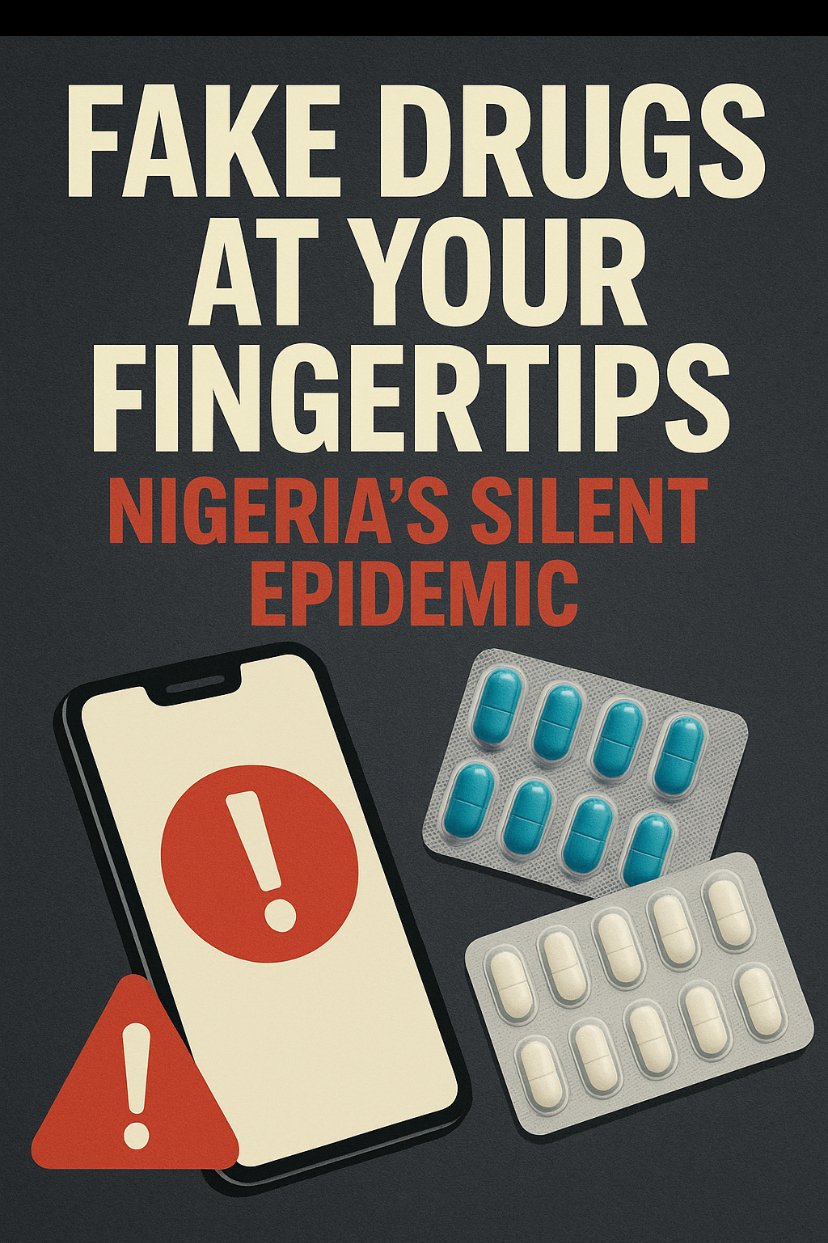
By Editorial Team
Nigeria is facing a silent health crisis as social media gradually transforms into a booming black-market pharmacy. In the quest for cheap and quick relief, many citizens are turning to Instagram vendors, WhatsApp contacts and Facebook pages for medicines that should only be prescribed by professionals. The results are alarming to patients, kidney damage, heart complications, blindness, liver damage and even sudden deaths are now being traced back to drugs bought with a simple click.
From weight-loss capsules to hypertension tablets, from fertility boosters to herbal “cures” for diabetes, a dangerous market is thriving online without any form of medical supervision. These drugs, often counterfeit or dangerously misused, are sold like everyday products, no diagnosis, no prescription and no regulation. What started as a convenience for desperate patients has quietly grown into one of Nigeria’s most pressing public health threats.
The background to this health crisis is Nigeria’s broken healthcare system. With poor infrastructure, high consultation fees, expensive hospital bills and a lack of trust in medical institutions, many citizens have turned to self-medication. Social media platforms, already crowded with influencers, now double as open drug markets.
A patient in Kano, for instance, can order an “sex enhancement drug” via Instagram, transfer money through a mobile app and receive the package the next morning from Warri, all without ever speaking to a doctor. The results, however, have been tragic with doctors reporting that many complications they now treat are caused not by disease itself but by wrong drugs.
The National Agency for Food and Drug Administration and Control (NAFDAC) has often warned against fake and unregulated drugs, but enforcement has been weak. Social media pharmacies operate under the radar, shifting names, numbers, and accounts when tracked. Sellers hide behind glowing testimonials and heavily edited before-and-after pictures, manipulating vulnerable patients who simply want relief from pain. The desperation of Nigerians for affordable healthcare has created fertile ground for charlatans who exploit fear and ignorance.
The danger is not limited to counterfeit medicines. Even genuine drugs become harmful when taken without proper dosage or diagnosis. Hypertension drugs, when wrongly used, can cause dangerous drops in blood pressure. Antibiotics, taken without prescription, fuel resistance that makes infections harder to treat. Fertility pills and concoctions being sold online often contain harmful hormones or toxic herbs that threaten reproductive health. What looks like a cheap cure often turns into an expensive tragedy.
Nigeria’s dismal life expectancy, currently between 54 and 64 years, one of the lowest in the world reflects the failure of its healthcare system. But unless urgent action is taken, the widespread abuse of online drug markets will worsen it further. Every click-to-buy medication without prescription shortens lives and adds to the burden of preventable diseases.
The solution requires strong multi-level action. First, regulators like NAFDAC and the Pharmacists Council of Nigeria must aggressively monitor and shut down online drug peddlers. Technology companies must also be compelled to take responsibility by blocking the promotion and sale of unlicensed medicines on their platforms. The fight against social media pharmacies cannot succeed if platforms continue to provide the stage for illegal sellers.
Second, government must fix the root problem, access to affordable healthcare. As long as ordinary Nigerians cannot afford proper medical consultation, they will keep turning to shortcuts.
A stronger national health insurance scheme, more affordable public hospitals and community health centres must be prioritized. A sick citizen should not have to choose between bankruptcy and quack remedies.
Third, awareness campaigns are urgently needed. Citizens must understand that buying drugs online without a prescription is not only risky but potentially deadly. Religious leaders, traditional rulers, civil society, and the media all have roles to play in spreading this message. Just as Nigerians were mobilized against Ebola and COVID-19, a public enlightenment drive against social media drug abuse must begin now.
Finally, the medical profession itself must rebuild trust. Too many Nigerians see doctors as unaffordable or inaccessible. Hospitals must find ways to improve service delivery, reduce waiting times and treat patients with empathy. When people feel neglected by the system, they naturally seek alternatives even deadly ones.
The danger of ignoring this epidemic cannot be overstated. If nothing is done, Nigeria risks a future where preventable complications overwhelm hospitals, where young people die from avoidable mistakes and where families are torn apart by tragedies that started with a simple “DM us to order” on Instagram.
Healthcare is a right, not a gamble. Nigerians deserve affordable, safe and professional treatment, not counterfeit capsules wrapped in brown envelopes. Regulators, government and citizens must act together before more lives are lost to this dangerous new trade.

